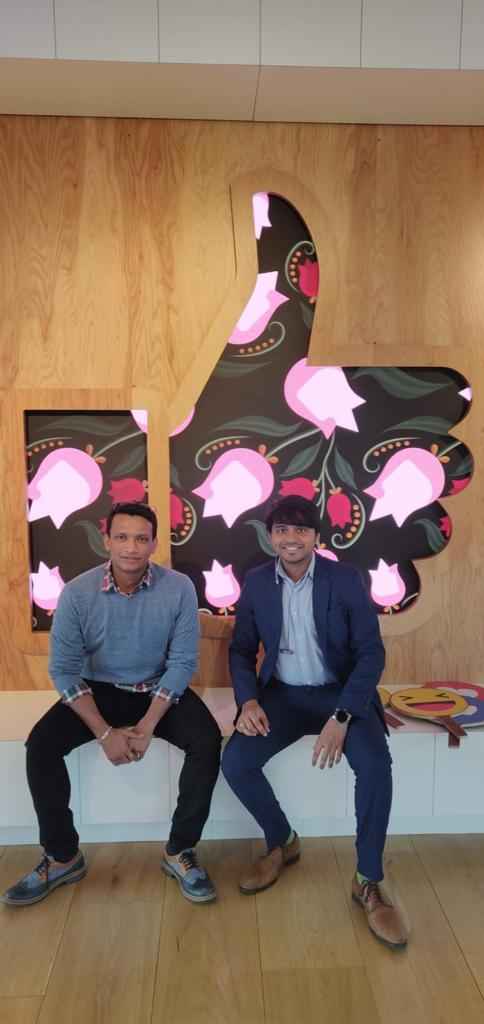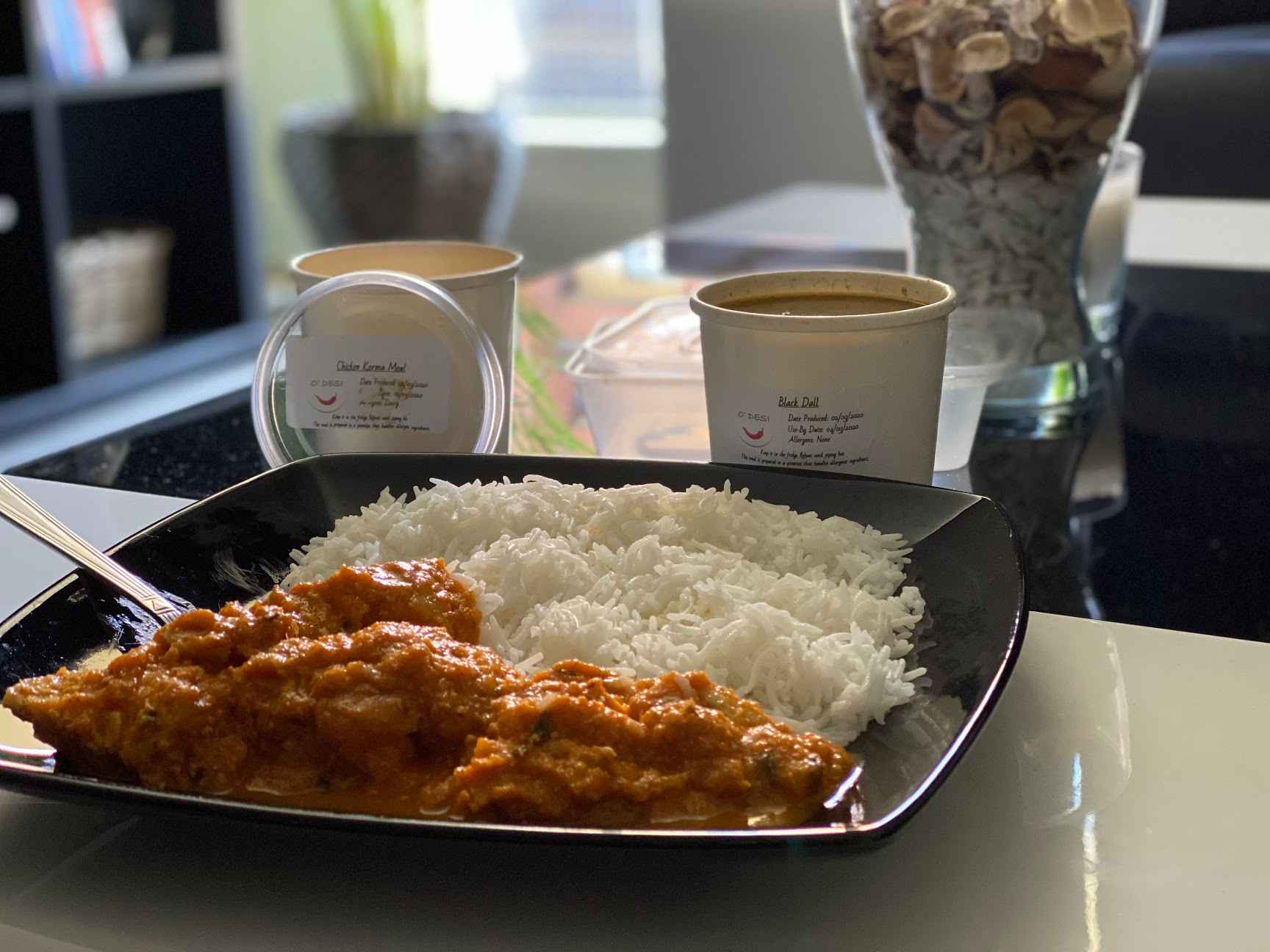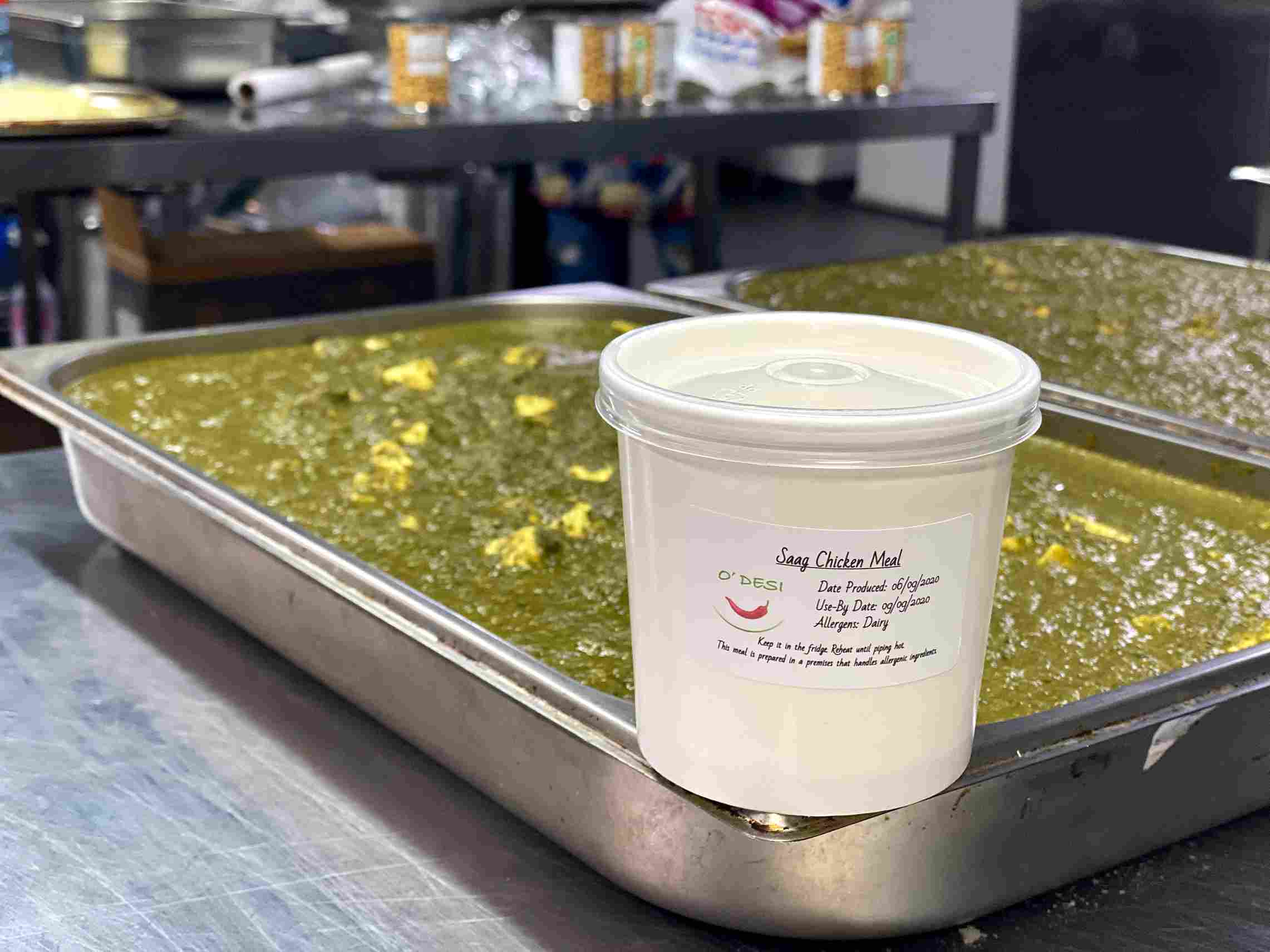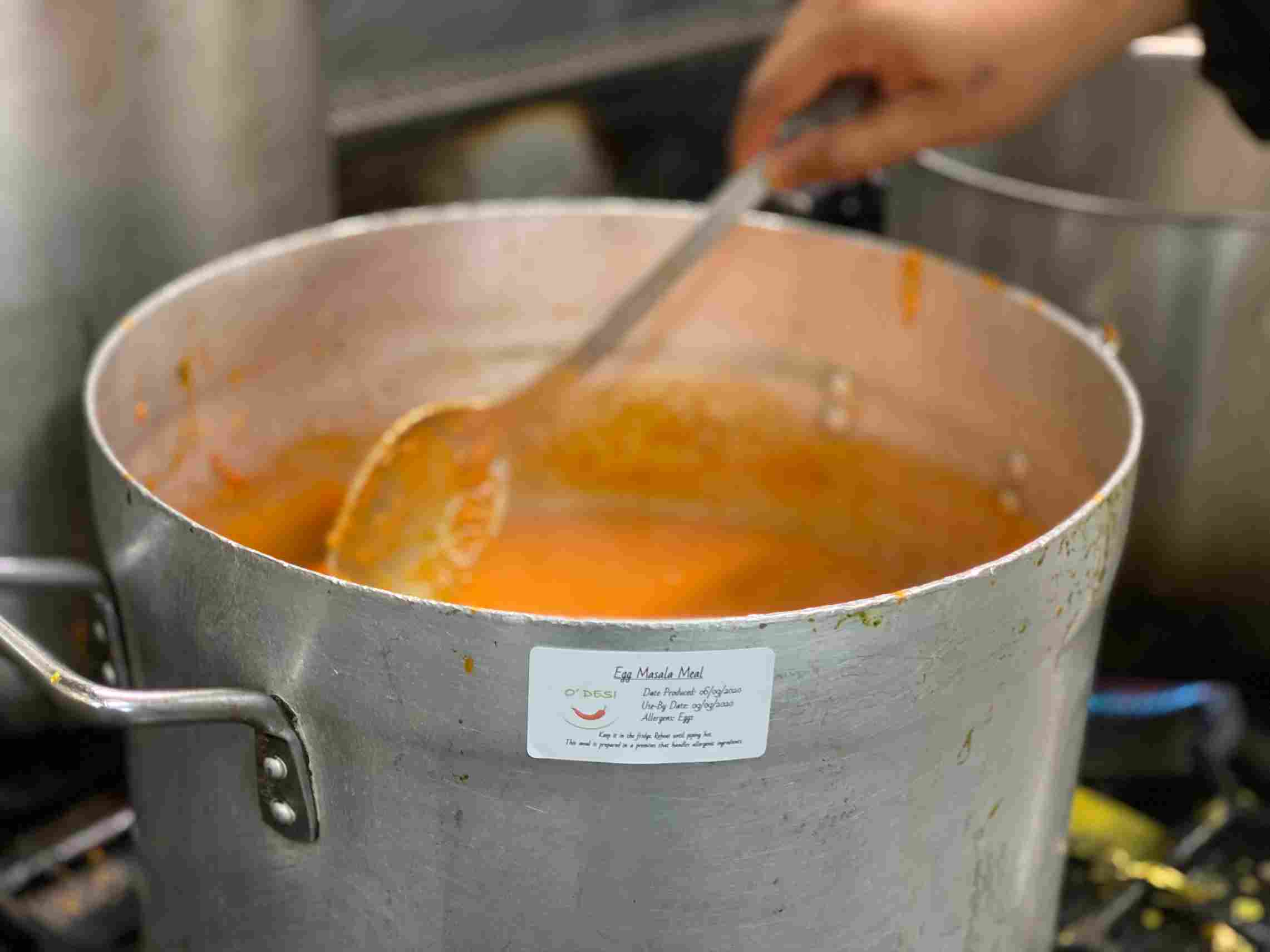The story of Anubhav Dutta starting O’Desi Meals — a cloud kitchen that aims to deliver authentic Indian meals to desis in and around Dublin — is as magical as the venture itself. It all started on Christmas eve in 2015.
Anubhav, a corporate professional from Kolkata had been living in Dublin for the last 10 years. Not being much of a pro in the kitchen, he stepped out of his house to get some pizza. What he thought would be a short trip to the shop and back, turned into the most unpredictable night that Anubhav had, and the starting point for what would one day be Dublin’s premier cloud kitchen.

As it turns out, on returning home with the pizza in his hand, he spotted a homeless man who looked like he hadn’t had anything to eat that day. So Anubhav decided to stop and share his pizza.
“I got talking to him, asked him about himself and the conversation actually made me realise how fortunate some of us are to be on the other side of life,” he recounts. This incident, he says, changed him.
“I spent the next few hours buying pizzas and sharing them with the many homeless people who were on the streets and at the side of curbs,” he recounts. As Anubhav made his way back home after several hours of his philanthropy, he would one day look back on this night, as the one that shaped his now fully established venture O’Desi Meals.
Reaching out to the homeless people of Dublin
“I decided to call this little act of mine ‘My Christmas Project’,” says Anubhav adding that he repeated it in 2016 and 2017 too, albeit with a twist, wherein he distributed not just food but also utility items such as beanies, moisturisers, and socks all wrapped in gift paper.
But the gesture, though noble, meant he was spending “a few thousand euros” on this.
“I needed to come up with an idea for a side gig to fund this,” he says, adding that he wanted the new venture to be something solid and impactful.
Months of ideation later he came up with a plan.
“Finding good food in Dublin was tough back then. Though there weren’t many desi people in Dublin, the trend had slowly started and I estimated that this would be the next London in terms of a melting pot of cultures,” he says, adding that this is what made him think in the direction of starting a cloud kitchen.
In 2019, O’Desi Meals was set up as a way of supplying people with authentic Indian food, as well as funding the Christmas Project that Anubhav wished to continue for years to come.
Recounting the initial days of setting up, Anubhav says he did many roles.

“Sometimes the janitor, other times the delivery guy, I used to do everything, right up to packaging the food,” he says, adding that he took time off from his job as head of revenue enablement at a multinational company to focus on the cloud kitchen. He was soon joined by his co-founder Siddharth Patel, who was in Ireland to do his MBA.
“Siddharth and I were in the same club cricket group and he once cooked a biryani for all the players,” says Anubhav. He approached Siddharth asking if he would like to be a part of O’Desi Meals and the latter agreed.
But setting up the venture wasn’t easy and it was mainly due to a lack of information on setting up a cloud kitchen.
Delivering the taste of India in a box
“It isn’t as simple as cooking in your home and selling it, as this is illegal. We wanted to do it the formal way and get our business registered,” says Anubhav, adding that they also wanted to employ people who needed jobs, and until the venture was registered, they couldn’t do so.
Siddharth adds, “The experience of building a food business is very overwhelming as there are so many things to consider. These include HACCP training, registration with the Food Safety Authority of Ireland (FSAI) and getting approval for a food production plan from a food inspector.
But through the process, the duo put the customer first and would constantly speak to their audience to get a sense of what they were looking for.

“The focus was to have meals that are tough to find in Ireland and have people get a taste of homemade food that wasn’t doused in oil. We want to serve true authentic desi food, not Westernised versions,” adds Anubhav.
While there is a new set of dishes announced every week, Anubhav says a few of the hit ones are their Rajasthani kadi pakoda, pav bhaaji and biryani.
Explaining how the model works, he says they have one main entity in Dublin and everything happens here. The food they cook is then delivered to five counties, Dublin being the most populous one. “Nailing the initial operation plans was tough,” he says as their customer base is spread across a huge radius.
Building a venture that reflects social values
While Anubhav looks after the customers, sales and marketing, Siddharth oversees the kitchen operations. The team comprises three chefs and five drivers, and these numbers expand when there are more orders or events.
“There is still the challenge of getting chefs and delivery drivers, meaning every week is a new surprise,” says Siddharth, adding that despite these challenges, they continue to learn. “It helps us improve our processes and improvise our model,” he adds.
The meals are delivered twice a week, on Sundays and Wednesdays on a subscription-based model, wherein a monthly subscription includes 26 meals, each meal priced at €10.50, while the weekly subscription includes six meals, each priced at €10.99.

People can even order meals on a one-off basis at €10.99.
But even while the venture has picked up, and is doing well, Anubhav says for him it has always been about his initial dream of the ‘Christmas Project’, which he continues to this day.
So much was his interest in reaching out to society, that he says in July this year he completed an executive MBA in social entrepreneurship. “I don’t just want to run a venture, but also do so in a way that lets me reach out. It gives me a sense of fulfilment,” he says. He adds “I do not take any of the profits of the venture, and my share goes to charities and NGOs in India.”
Ask him about his most treasured moment while running the venture and he says, it is when in 2021 a Harvard Business Review was written on the venture, and how they managed to build a successful brand while also retaining a social message.
“For me, right from the start it has always been about using my privilege to help those who need it more,” he says.
Edited by Yoshita Rao
No comments:
Post a Comment